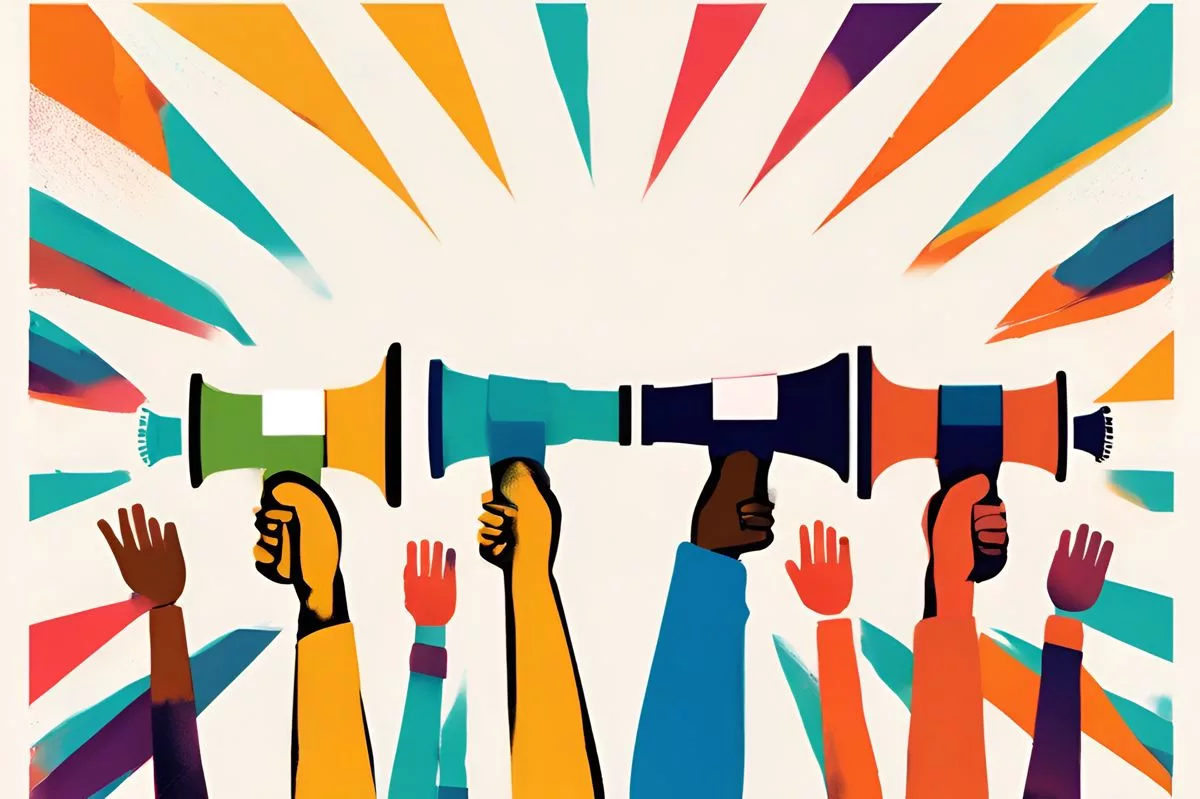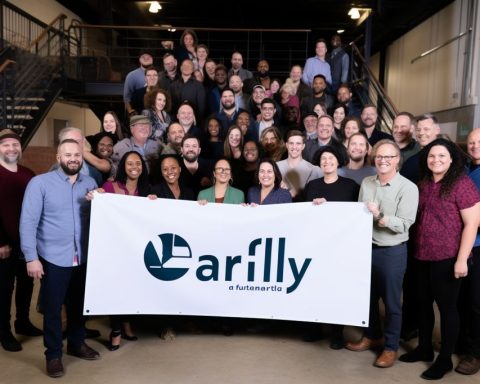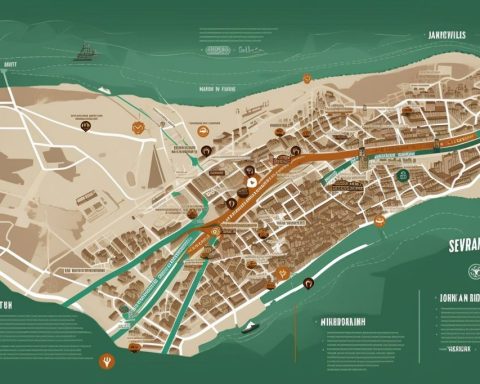The Portfolio Committee on Women, Youth, and Persons with Disabilities has invited the public to review and provide feedback on 20 candidates for six open positions in the Commission for Gender Equality. This move exemplifies the democratic principle that decisions should not be made about people without their input and underscores the commitment to creating an inclusive society where every citizen can express their views on matters of public importance. The shortlisted candidates are diverse in gender, race, disability, and profession, and the public’s participation highlights the significance of every voice in the journey towards gender equality in South Africa. The deadline for feedback is March 12, 2024.
Enhancing Democratic Transparency: A Call for Public Input in Commission for Gender Equality Appointments. The Portfolio Committee on Women, Youth, and Persons with Disabilities has invited the public to play an active role in reviewing 20 candidates for six open positions in the Commission for Gender Equality. This invitation affirms the democratic principle that decisions should not be made about people without their input and exemplifies the commitment to creating an environment where every citizen is free to express their views on matters of public significance. Feedback must be directed to Ms. Neliswa Nobatana at cgenominations@parliament.gov.za by March 12, 2024.
Section 1: Invitation for Public Participation in Key Appointments
On the bright morning of February 22, 2024, an important announcement was made by the Portfolio Committee on Women, Youth, and Persons with Disabilities. They extended an invitation to the general public, not merely to observe but to play an active role in a major step towards democratic transparency. The committee is in the process of reviewing 20 candidates from a pool of 67 applicants to fill six open positions in the Commission for Gender Equality (CGE). The committee values and seeks public opinion on these shortlisted candidates.
This process holds substantial significance due to the crucial role of the CGE, as stated in the Constitution and the Commission for Gender Equality Act No. 39 of 1996. The CGE plays an essential part in advocating, safeguarding, and advancing gender equality in South Africa. This is accomplished by addressing the systemic and structural challenges in society, rendering these appointments far more than mere administrative procedures.
Section 2: Inclusive Democratic Principle and Shortlisting Process
The announcement embodies a fundamental democratic principle – inclusivity. The invitation for public opinions on the candidates mirrors Section 59(1)(a) of the Constitution, which promotes public involvement in committee procedures. This initiative promotes a sense of joint accountability and communal commitment to the advancement of gender equality.
Creating the shortlist was a complex task that demanded a careful balance of geographic, racial, gender, and disability representations. It was an exacting two-day undertaking, steered by a specially adopted document titled “Shortlisting criteria in the appointment of Commissioners for the Commission on Gender Equality”. This precise method enabled the committee to identify the most competent individuals who could truly represent the spirit and intent of the CGE.
Section 3: Diverse Candidates and Public Participation
The 20 final candidates come from various backgrounds, each offering unique skills and viewpoints. They range from the youthful vigor of Mr. Mfundo Nomvungu to the wealth of experience offered by Ms. Ishara Kamini Bodasing. Academics, legal professionals, and public servants all feature in this diverse list. A non-binary candidate, Marion LynnStevens, is also included, further demonstrating the committee’s dedication to inclusivity and recognition of all gender identities.
These 20 shortlisted candidates represent the diverse nature of South Africa. They stand on the cusp of stepping onto a larger platform, bearing the dreams and ambitions of the nation. The public’s opinions on these candidates go beyond just exercising democratic participation. It represents a strategic move towards establishing a gender-equitable future for South Africa, underscoring the significance of each voice in the journey towards an all-inclusive society.
Section 4: Closing Date for Comments and Future Expectations
The deadline for public feedback on these candidates is set for 12 March 2024. Summaries of each candidate’s resume can be found on the Parliament’s website. Feedback should be directed to Ms. Neliswa Nobatana at cgenominations@parliament.gov.za.
This invitation for public involvement transcends procedural formality. It reaffirms the democratic principle that decisions should not be made about people without their input. It exemplifies the commitment to create an environment where every citizen is free to express their views on matters of public significance.
As we anticipate the public’s reactions and the committee’s subsequent decision, we are reminded that progress is a collective pursuit. The successful operation of the Commission for Gender Equality and the realization of its objectives depends not only on those who steer it, but also on those who support its leaders. This interactive process emphasizes the vital role we all play in shaping South Africa’s gender equality future. A reminder that every voice is significant, and every opinion is valued.
1. What is the Commission for Gender Equality?
The Commission for Gender Equality is an organization in South Africa that advocates, safeguards, and advances gender equality. It addresses systemic and structural challenges in society to promote gender equality.
2. Why has the Portfolio Committee on Women, Youth, and Persons with Disabilities invited public input on the Commission for Gender Equality appointments?
The committee values democratic transparency and believes that decisions should not be made about people without their input. The public’s participation highlights the significance of every voice in the journey towards gender equality in South Africa.
3. Who are the 20 candidates being considered for the six open positions in the Commission for Gender Equality?
The candidates come from various backgrounds, including academics, legal professionals, public servants, and a non-binary candidate. They are diverse in gender, race, disability, and profession.
4. What is the deadline for feedback on the Commission for Gender Equality candidates?
The deadline for feedback is March 12, 2024. Feedback should be directed to Ms. Neliswa Nobatana at cgenominations@parliament.gov.za.
5. What is the significance of public involvement in committee procedures?
Public involvement in committee procedures promotes a sense of joint accountability and communal commitment to the advancement of gender equality. It reflects a fundamental democratic principle of inclusivity.
6. What is the importance of the Commission for Gender Equality appointments?
The successful operation of the Commission for Gender Equality and the realization of its objectives depends not only on those who steer it, but also on those who support its leaders. This interactive process emphasizes the vital role we all play in shaping South Africa’s gender equality future.












